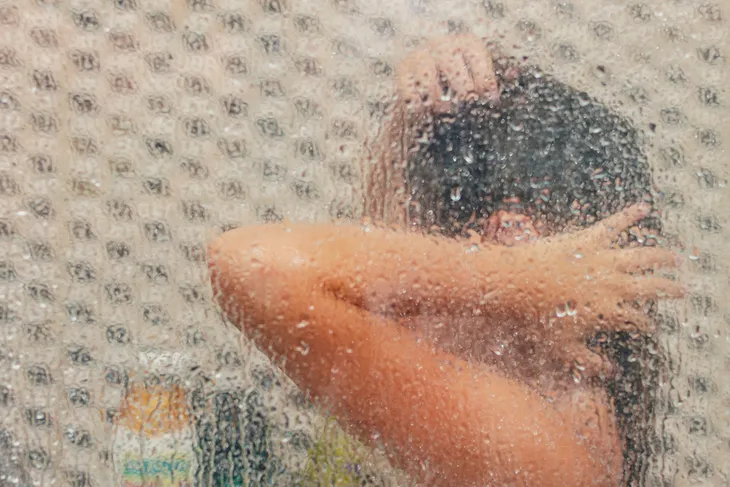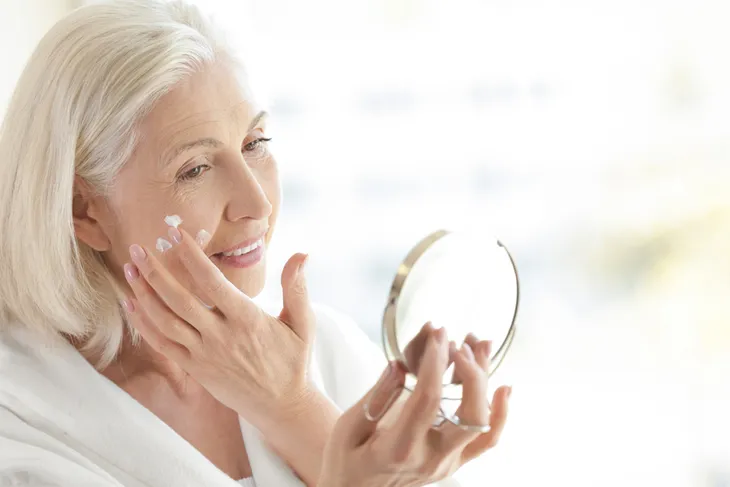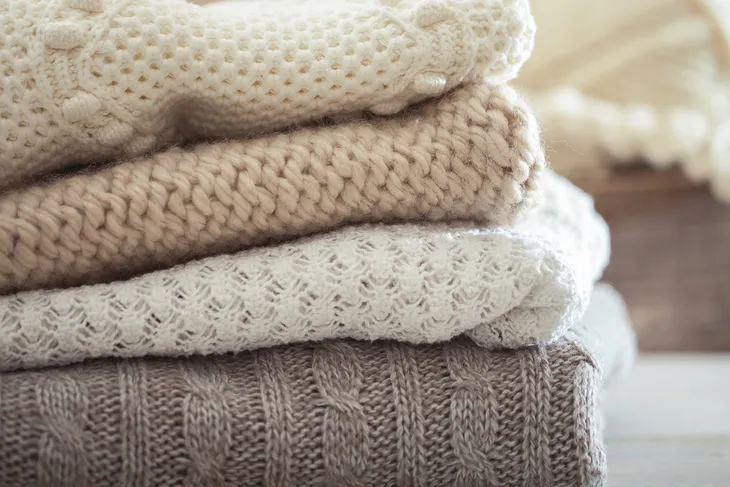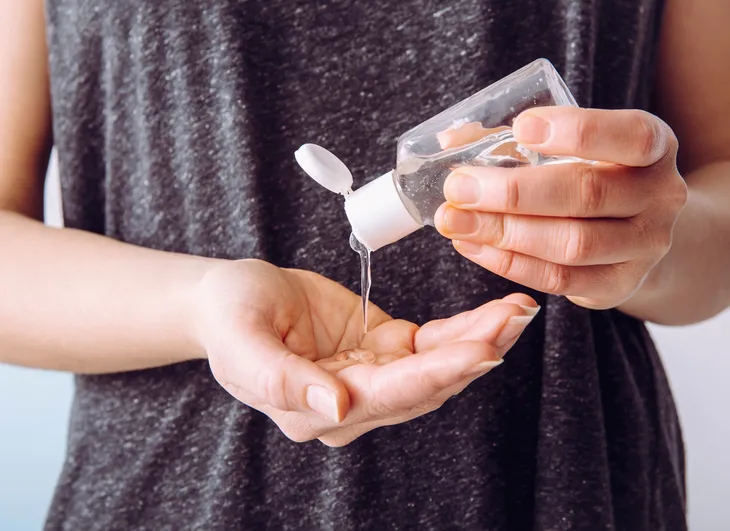Winter is rife with snowfall, icy roads, holiday eating, and cozying up by the fire with hot cocoa. While we go into hibernation mode, we often ignore certain health regimes (like regular exercise), and less obvious wellness routines—like taking care of our skin during winter.
Even though we see a little less sun and humidity come November, it doesn’t mean that we should stop taking precautions to protect our skin (i.e., wearing sunscreen, drinking water, and using the same old moisturizer we did in the summer). Keep your skin glowing this winter with these eight tips…
Use Sunscreen Even in Winter
Even though you haven’t seen the sun in a week, ultraviolet rays are still present when you go outside, even when it’s cold, gray, and overcast. Luckily, sunscreen with an SPF of at least 30 will form a protective barrier across your face, around your eyes and mouth, and on your exposed neck so that UV radiation isn’t absorbed by the skin.
Many folks foolishly don’t smear on sunscreen during winter, even though UV rays are at their peak when reflected off the snow’s surface and back onto your exposed skin. Furthermore, UVA can pass through windows and glass. Wearing sunscreen (or a moisturizer containing sunscreen) will help prevent fine lines, crow’s feet, smile lines, wrinkles, and age spots.
Turn Down the Temperature
I know it’s cold and drafty come winter, especially if, like mine, your house is older and your windows are in drastic need of updating. Bone-chilling temperatures often result in house inhabitants cranking the heat—negatively impacting your heating bill and your skin.
Research conducted by the American Society of Heating, Refrigerating, and Air Conditioning (ASHRA) claim that high temperatures inside your home will dry out the air and your skin. The ASHRA data also showed that the average, healthy comfortable temperature rests at approximately 68-Fahrenheit, any higher will zap moisture from the air and your skin.
Refrain from Steamy Showers
I agree, I love a relaxing bubble bath when I come in from a cold day. However, extra hot and steamy baths and showers will leave your skin zapped of moisture, dry, and flaky. Remember, hotter water might feel great in a bath or shower, but the high temperatures zap away your skin’s naturally-producing oils.
If you suffer from chronic dry skin conditions, or eczema, it’s vital to keep water lukewarm to avoid a flare up. And to restore moisture, always apply a moisturizing body lotion (like shea butter, cocoa butter, or aloe gel) to keep skin soft and supple.
Avoid Scratching at Dry Patches
I know that it’s terribly tempting to itch, pick, and scratch at dry, flaky skin. I’m guilty of doing this and even causing infection and permanent scarring. However, there are better, and safer, ways to “scratch that itch” without causing skin damage.
Rather than scratching away, lay a cool, clean cotton compress over the area. This will alleviate itch and inflammation. If you don’t suffer from skin sensitivity you can even add a few drops of virgin coconut oil to the compress. The oils will replace any lost moisture and repair any broken or irritated skin cells.
Use a Winter-Specific Moisturizer
I know you paid plenty for that moisturizer in August, but your summer skin and your winter skin require very different types of care. For instance, summer often calls for a lightweight, non-greasy moisturizer to prevent oily skin and blackheads. Whereas winter may require a richer, creamer, thicker moisturizer if you’re prone to dry skin. Look for ingredients like glycerin and ceramides to replenish skin barrier.
Sadly, oily skin in winter can quickly turn to dry skin in colder temperatures. So pamper your winter skin with a humectants moisturizer, which is thicker and richer in texture. Look for heavier moisturizers that contain hyaluronic acid to help replace lost moisture.
Avoid Skin-Irritating Clothing
I adore the chunky wool sweater that my Nana made for me this Christmas past (it has candy canes on it). However, I would never dream of wearing my favorite festive frock without a layer in between it and my tender winter skin.
As the weather cools, you will be drawn to thicker, heavier knits—sweaters, scarves, cardigans, and jackets. However, many materials (like wool) will often irritate, dry out, and cause skin inflammation if they make direct contact with already-sensitive skin. To wear your knits without irritation, wear a soft cotton shirt or layer in between.
Shed the Harsh, Alcohol-Based Products
Acne-preventing face wash and toners for oil-prone skin may have their place in your summer backpack and beauty cabinet. However, during colder months, products that contain harsh ingredients, will dehydrate supple skin.
Consider that in winter, your skin is already at a loss for moisture—due to dry air, chilly temperatures, indoor heating, car heating, and less humidity. Add harsh toners and face washes containing alcohol to the mix and you’re basically stripping it of its natural oils. So lay off the alcohol-based products until warm spring arrives.
Lay Off the Hand Sanitizer
I know that we’re told to wash our hands more frequently in winter to prevent the seasonal flu bugs from snatching us up. However, if you wash your mitts in extremely hot water with a harsh soap or hand sanitizer, you’re bound to experience dryness, chafing, and cracks between your fingers.
To ensure those present-wrapping, cookie baking hands remain supple and smooth, wash hands in warm water (not hot) using a moisturizing soap instead of a harsh hand sanitizer. And tuck an extra bottle of hand lotion in your purse or bag to moisturize after washes.











